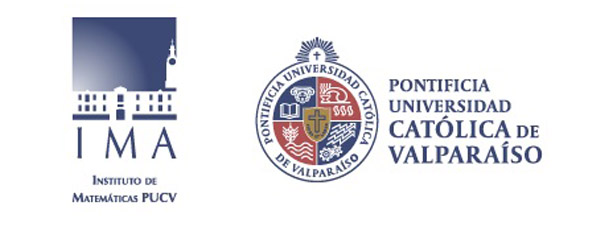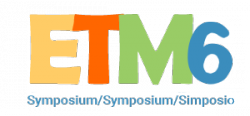Topic 4 – The role and use of tasks in mathematical work
The main purpose of this working group is to analyze and discuss themes and issues regarding the role played by tasks and their use in the construction of students’ personal mathematical work in classrooms with the support of their teachers. This general issue will be tackled through specific questions some of which are formulated within the context of MWS framework, but they can also be addressed and discussed within others methodological and theoretical frameworks.
1. On the use of the term or construct mathematical task in various research perspectives (including problem solving). Several publications have recently addressed what a mathematical task might involve regarding the teachers’ goal and chosen route during its implementation, the students’ activities while working on it. Researchers in mathematics education have been also concerned by the tools used to represent, explore, and work on the task, and ways to assess the students’ task performances.
What do recent developments in the design and task implementation inform on the way that tasks are designed and used within the MWS frameworks?
To what extent are the principles that support the design and implementation of tasks in other perspectives consistent with those associated with a MWS model?
2. On the development of the tasks in relation to the mathematical work aimed at. The tasks that students are asked to perform are essential to determine their activities and shape their personal mathematical work.
What are the specific tools and methods that can be used in designing and tuning the tasks to foster a specific students' mathematical work, in the MWS model or in other theoretical frameworks such as activity theory, affects, problem solving ...?
What are the essential features and principles to design mathematical tasks?
3. On actual mathematical work of students. Observing the activities and the individuals' mathematical work provides basis to examine and characterize the potential of the tasks, their evolution and adaptation that are relevant during the actual class implementation.
How do the teacher account students' activities to change and adapt the initial task?
How does the researcher gather and analyze information regarding students’ personal mathematical work from observations or experiments that often are partial and local bounded?
4. On the specific place of certain decisive tasks. Research in didactics of mathematics has pointed out that some particular tasks are decisive in the elaboration of a coherent mathematical work: emblematic tasks, fundamental situations, series of problems ...
How can we recognize and develop these particular tasks?
What possible plan or route can be designed for their implementation and experimentation? What means and tools are important to follow up their implementation?
5. On collaborative work involved in the task solution process. The cognitive complexity of some tasks and also the diversity of students' knowledge often lead teachers to favor collaborative groups of two or three students for the task implementation.
How do the different theoretical frameworks take into account this social component in the development of personal work?
Thus, in the framework of MWSs, how is it organized the suitable MWS and what is the impact of this kind of organization on the construction of the students' personal MWSs?
6. On modeling tasks. More and more, the social legitimacy of mathematics education is based on its close interaction with issues and technologies from the real world. As a result, modeling tasks have become increasingly important in the curriculum and their implementation in the classroom questions the nature of the intended mathematics.
How to think and study these modeling tasks as part of a mathematics education to find a fair balance between mathematical activities and non-mathematical activities?

